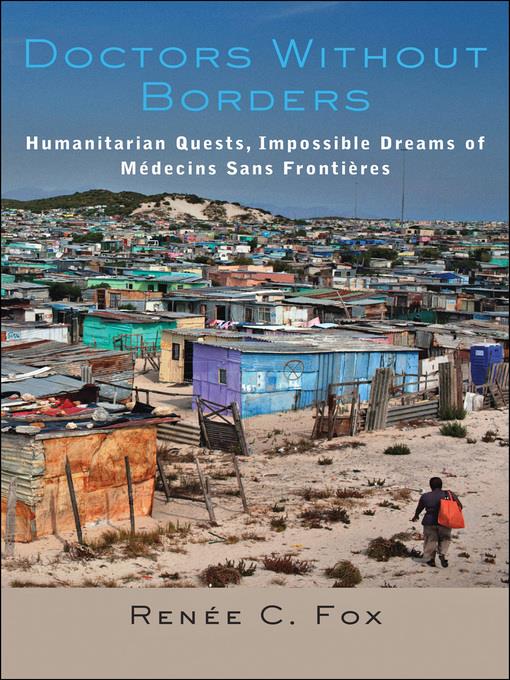
Doctors Without Borders
Humanitarian Quests, Impossible Dreams of Médecins Sans Frontières
- اطلاعات
- نقد و بررسی
- دیدگاه کاربران
نقد و بررسی

March 24, 2014
Medical sociologist Fox (Experiment Perilous) passionately yet objectivelyexamines the mission, growth, and culture of the renowned humanitarian group since its inception in 1971. Exploring its founding principles of “acting and speaking” and “treating and witnessing,” the author finds that MSF (the French acronym) has struggled both in the field and in “achieving a ‘without borders’ state of being.” Fox’s treatise describes in detail the internal battles MSF faced as its work reached across a war-torn world; in a sobering appraisal in 2006, MSF declared that its aid was diverted “for the benefit of war criminals” in Rwanda and Liberia in the 1990s, and that it had to fight to stay independent from “political influence” in Kosovo, Afghanistan, and Iraq in the early 2000s. Yet its aid in medically and socially challenged corners of the world seems to trump the organizational pains. Fox confesses she “wept” at a children’s performance in Khayeltsha in South Africa: “The juxtaposition of the life force that emanated from these children, and the deadly medical and social plagues with which they were surrounded was profoundly moving—both tragic and inspiring.” This is a commendably reflective work of sociology that, more importantly, tells a remarkable history of care.

April 1, 2014
In writing a book on Medecins Sans Frontieres (MSF), Fox (Annenberg Professor Emerita of the Social Sciences, Univ. of Pennsylvania; After Parsons) seeks to "understand, chronicle, and reflectively analyze its mission, work, and distinctive culture." She mixes a biography of the organization with technical analysis of its work. Her coverage moves from today's blogging field workers to lengthy accounts of political troubles with the organization in Greece to aid workers fighting HIV/AIDS in Africa. Prominently coming across is MSF's own focus on its self-admitted imperfections. While the challenges and risks of running its massive operations are rendered clear, after four decades, a Nobel Prize, thousands of volunteers, and millions of Euros in support, perhaps the MSF doth protest too much about its failures. (The author remains objective.) Clearly, something is going right. At times the book feels more like a series of essays than one cohesive story and Fox's audience isn't always clear: Is she writing for the medical community or for general outsiders? For a more accessible take on aid organizations, see Stanley Meisler's When the World Calls. VERDICT Fox's book will appeal to a very specific type of reader, e.g., students of international politics/NGOs, medical professionals, or those working with or for aid groups.--Jenny Contakos, Art Inst. of Virginia Beach Lib.
Copyright 2014 Library Journal, LLC Used with permission.




دیدگاه کاربران